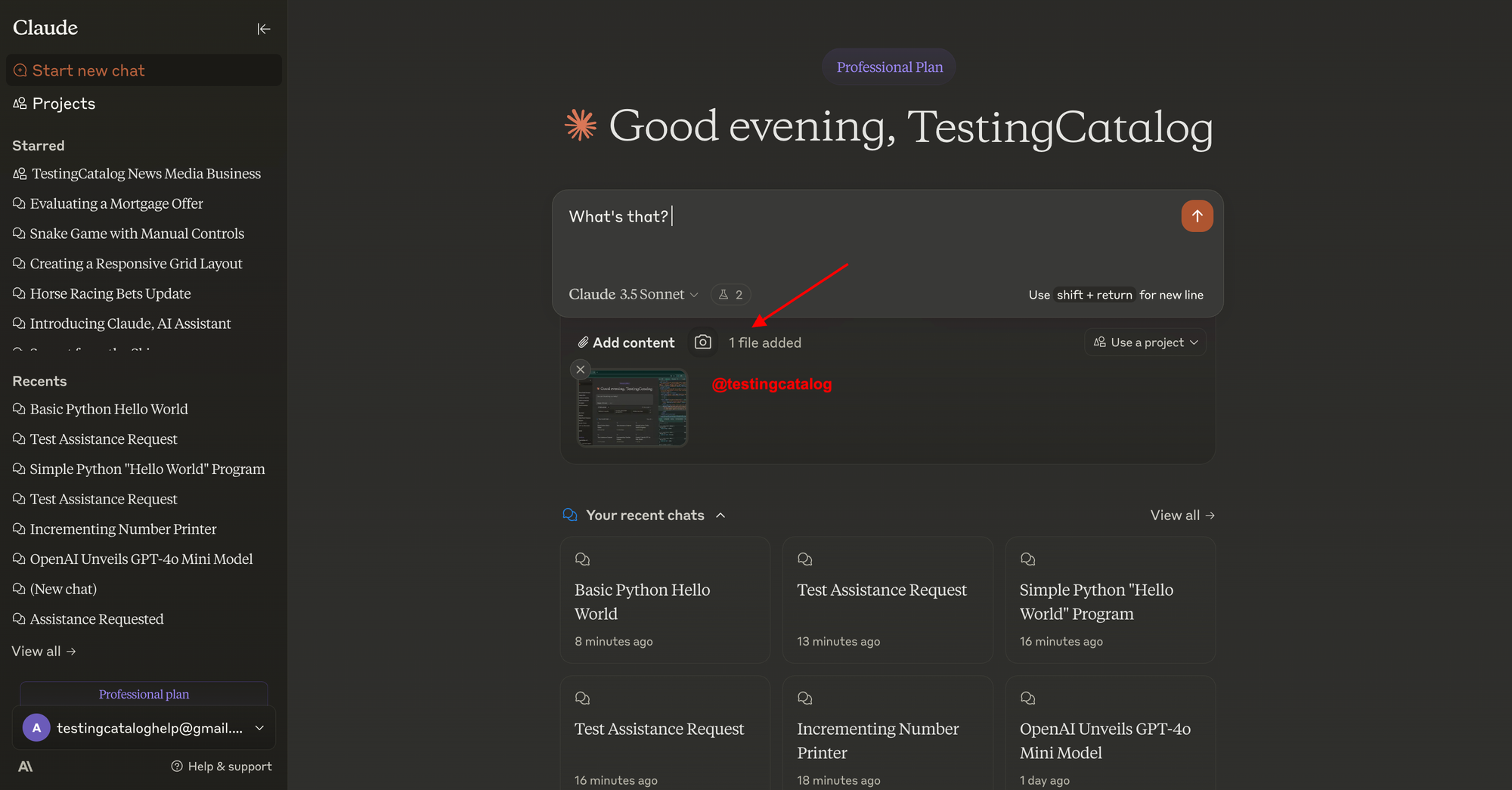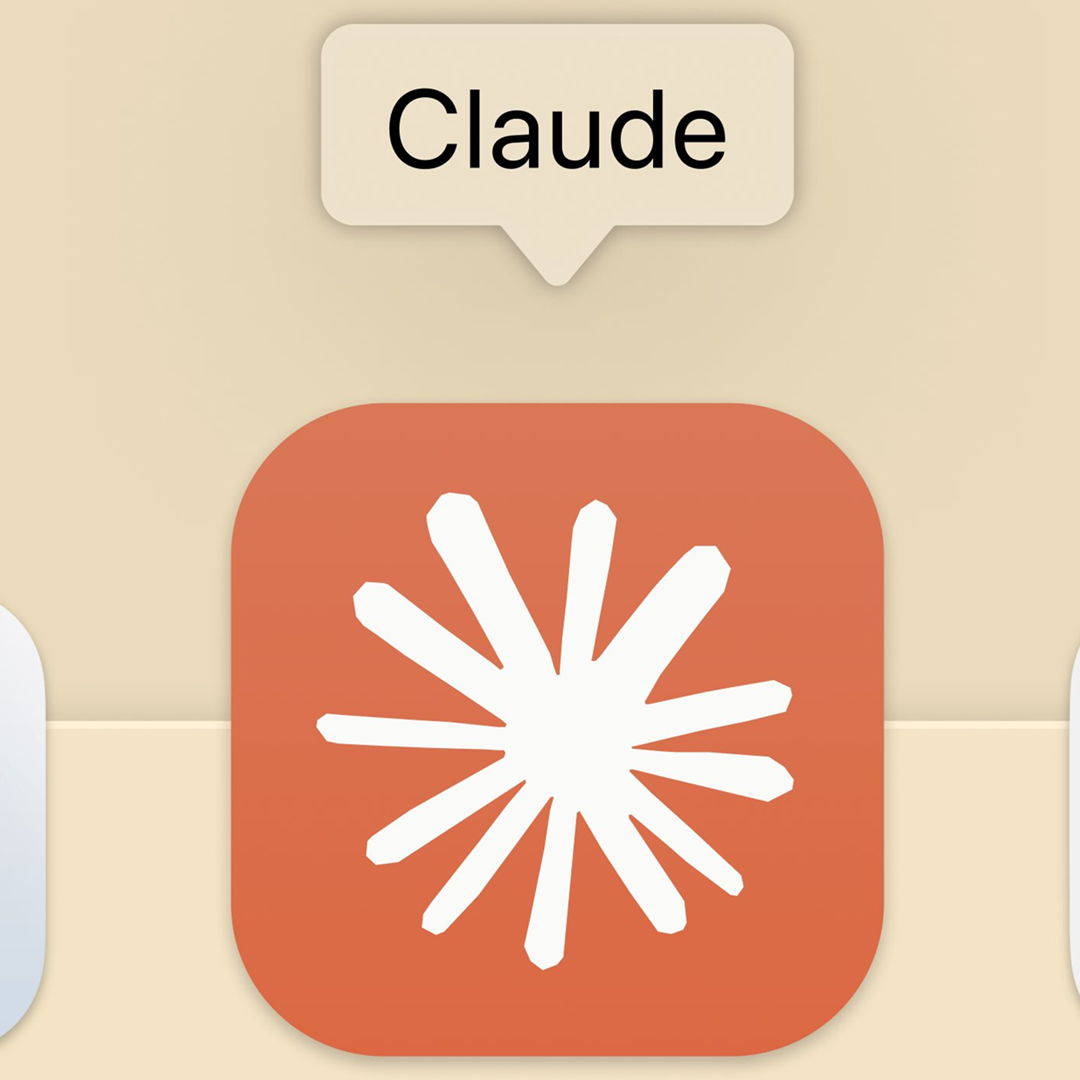Claude Desktop came out in October 2024, and honestly, it's pretty useful if you're tired of constantly switching between browser tabs. I've been using it since launch, and here's what it actually does.
It's basically Claude but as a native Mac/Windows app instead of a website. The main selling point is the Model Context Protocol (MCP) stuff - which lets Claude connect to your local apps and files. When it works, it's genuinely cool. When it doesn't (which is about 30% of the time now - much better than the early days), you'll want to throw your computer out the window.
Desktop Extensions Got Way Better in 2025

The extension ecosystem got a massive overhaul in June 2025. Instead of the old manual MCP server setup hell, you now get .dxt files that install with a single drag-and-drop. Finally fucking works.
The extension directory now has 100+ extensions, and most actually work. About 80% don't crash on startup anymore, which is honestly impressive progress. The essential ones:
- File system access: Claude can read your project files directly instead of you copy-pasting code all day
- GitHub integration: Works most of the time, fails spectacularly when your repo is large
- Screen capture extensions: Actually faster than taking screenshots manually
- Calendar access: Useful until it tries to create events and fucks up your calendar formatting
- Socket MCP: Security scanning for your dependencies
- Discord integration: Bot management and community tools
The .dxt file format makes installing extensions genuinely one-click now. No more Node.js version hell or API key hunting upfront - that's handled in the secure keychain system.
BREAKING: File Creation Feature (September 9, 2025)
This just fucking happened yesterday. Claude can now create actual files - Excel spreadsheets, PowerPoint slides, PDFs, Word docs - directly in the desktop app. Not artifacts, not copy-paste bullshit, actual downloadable files.
It's basically Claude's version of Code Interpreter. Claude gets a server-side Ubuntu container where it can run Python and Node.js code to build whatever you need. Upload CSV data, get back polished Excel reports with charts and formulas. Describe a presentation, get PowerPoint slides.
The catch: Only available for Max/Team/Enterprise users right now. Pro users "in the coming weeks." And you have to enable it manually in Settings > Features > Experimental > "Upgraded file creation and analysis."
Security warning: This gives Claude limited internet access through the container, which creates prompt injection risks. Anthropic basically says "monitor your chats closely" because malicious files could trick Claude into leaking your data.
Real talk: this is the feature that makes the desktop app actually useful beyond just having local file access. Being able to upload messy data and get back formatted reports is legitimately helpful for anyone doing data work.
Performance and Resource Usage

On my 2021 MacBook Pro, it uses about 400MB RAM when idle and spikes to 1.5GB+ when running extensions. The new file creation feature will push that even higher since it's spinning up containers.
It's noticeably faster than the web version for simple queries, but the extensions can make it sluggish. Startup time is around 4 seconds, which is fine until you realize it stays running in the background even when you close the window. Check your Activity Monitor - you'll probably find it's been running for weeks without you realizing.
The real question: Is all this complexity worth it? That depends entirely on your workflow and whether the unique desktop features actually solve problems you have.


